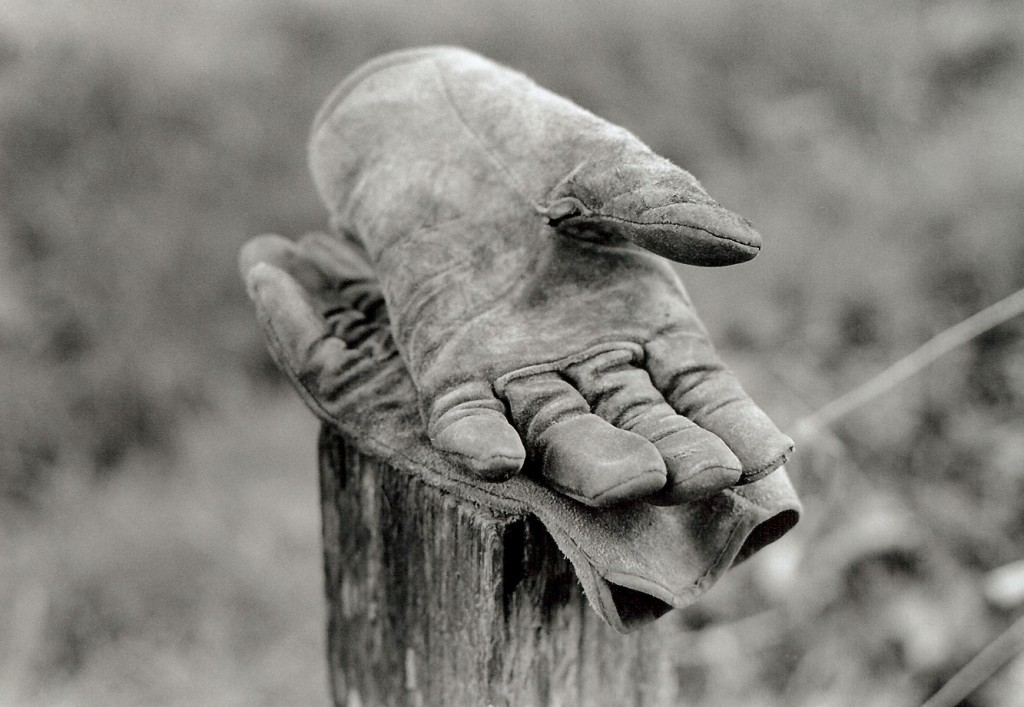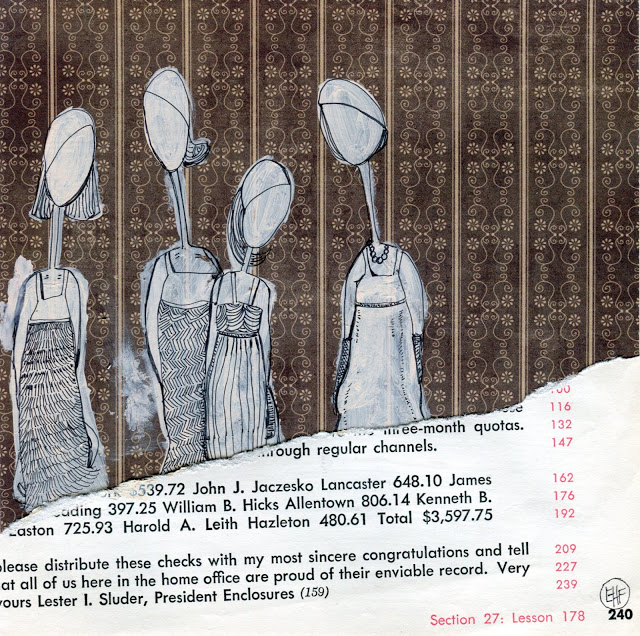
By Allie Smith
Standing at the podium, I felt numb with shock. I thought my grief would have subsided a little by now, because three weeks had passed. Three weeks. I had that lost feeling you get when you dream, where you know it can’t be real, but you’re still going through the motions in an altered world. There I was again, in front of a crowd of mourners whose eyes were all focused on me. My palms were wet and my heart raced. I shook, as if pure caffeine were running through my veins, and then in the next moment, I shivered from a cold that only I could feel.
Here, in Pennsylvania, the audience was more familiar to me than it had been at the funeral in Michigan. It was filled with my brother’s closest friends, members of our family, and my children, who sat in the front row. I hadn’t brought them to the Michigan funeral. At the time, they were still in school, and I was in no condition to be a parent. I was doing this all again for them. It was the least I could do; I’d kept them away from their uncle for almost two years.
Edmund had adored my children. Although he didn’t have any of his own, he truly loved kids. He spoiled mine with attention and presents, until he couldn’t anymore. Even after circumstances changed for him, I don’t think that the kids ever really noticed that the gifts and the attention slowed. To them, he was still their loud and gregarious uncle. He remained a steady presence and influence in their lives, until his demons got in the way. Until he didn’t look the same. Until his speech became incoherent. Until their mother made her decision.
In the months prior to his passing, I’d had a feeling that perhaps time was running out. There had been previous hospital stays, and during the last one, doctors suggested nursing care. I had no idea that things had gotten so dire. I called a friend who’s a nurse and she was brutally honest, and I panicked. I was familiar with Edmund’s disease, because it was the same one that had afflicted my parents. It’s the one you get from having a good time. From being the life of the party. From being the person everyone wants to hang out with. That is, until the disease flips the script and no one’s having a good time. And family and friends no longer want to hang out with you. I knew what the outcome would be, although I’d imagined years not weeks. I called my brother and planned a trip. As soon as school got out, the kids and I were headed to Michigan.
During the last few years of my brother’s life, I grew accustomed to late night phone calls. I didn’t enjoy waking to the ringing phone in the middle of the night, but at least I heard his voice and knew where he was. When the calls started, I would wake with fright, instinctively reluctant to pick up the phone, remembering the old adage about bad things happening in the middle of the night. The relief that I felt upon hearing his voice and the he’s okay feeling would soon turn to sadness when I realized that I couldn’t understand anything he was saying.
When the last call came, I wasn’t asleep. It was late, but I’d been restless, tossing and turning, my mind racing over all I had to do in the weeks leading up to the end of school. I jumped out of bed on the first ring, but I also rolled my eyes as I reached for the phone. I assumed he was hoping to get a “Happy Mother’s Day” in, just under the wire. But then I saw Kelly’s number. Kelly, my sweet sister-in-law who never called in the middle of the night. A lump formed in my throat as I answered. Adrenaline started pumping through me because it wasn’t Kelly’s voice that I heard, although her tears echoed in the background and pricked the surface of my skin as an unfamiliar voice said, “This is Lisa, Kelly’s neighbor…”
Almost two years before, I’d made the decision to keep my kids away from my brother on the heels of one of our many heart-to-heart discussions. During Edmund’s last visit we sat at the breakfast bar in my kitchen. He had become a different person and it scared me. He’d lost weight and moved slowly. He looked like a young man, but his gait was labored and wobbly. His speech was hesitant, as if pronouncing each word was difficult. His once bellowing voice was reduced to a hoarse whisper and he was uncharacteristically gentle.
I made my case and used all the clichés you do when you feel helpless. “I’m very worried about you.” “You have to stop.” “I don’t understand.” “You know what can happen.”
He was a master of deflection; he didn’t want to talk about the elephant in the room. Instead, he wanted to talk about my kids. He told me how much he loved them and that if anything happened to me or my husband, he wanted them. Then he took a slow sip of his poison, claiming it was innocuous because it was beer. I was nauseated as I felt the inevitability of history repeating itself. He was going to lose the battle, just as our parents had. With a shaky voice, I tried to explain the fear I had of having to tell my kids one day that he was dead. He promised me, “No, no, you won’t.” But he didn’t look at me and I did not believe him.
The year and a half that followed was a roller coaster, one that I navigated on the fly. There were rough moments, many of which led to months of radio silence between us. The kids would talk about him, but less frequently. Bear broke his foot and appeared on television with his class. Hunter graduated from elementary school and learned to play the trumpet. Audrey was accepted into the Company Ballet Program and received her First Communion. Camden learned to talk and joined a soccer team. Our life went on, minus Uncle Eggie. It was quieter, for sure, but also drama-free.
But when things deteriorated with Edmund’s condition, I had second thoughts. I changed my mind.
My kids missed the reunion with their uncle by sixteen days. Sixteen days.
I didn’t bring them to the funeral. I just couldn’t. I’d never felt grief like this before. Never. I cried constantly and was so dehydrated that no amount of water could satisfy my thirst. I lost ten pounds in four days. I couldn’t sleep. I couldn’t stop shaking. I was heartbroken. And angry. And guilt-ridden. I wanted to be alone, and yet people were everywhere. I had to help plan my baby brother’s funeral. There was no way that I would have been able to comfort my children, and I didn’t want them to see me in that condition. I knew that seeing my brother at the funeral would haunt me forever, and I couldn’t risk letting that happen to them.
When I learned that my brother’s friends in Pennsylvania were having a memorial service, I decided to take the children. I wanted them to have an opportunity for closure, although I didn’t know what that would mean.
Edmund was a Marine and a Gulf War veteran. His funeral and memorial service were attended by an honor guard. Watching the Marines fold a flag and ceremoniously give it to his widow wasn’t any easier the second time. As the mournful melody filled the room, my son Hunter sat straighter, filled with pride. Audrey crumbled in tears. Cammy, wide-eyed, stared at the soldiers, not fully comprehending the significance, but watched the ceremony with the awe that only a five-year-old can possess. Barrett, my child with autism, was on a computer in an adjoining room and occasionally made his presence known with giggles.
When I spoke during the service, I felt a stab of pain each time I made eye contact with my children. Hunter had the anguished expression that he gets when tries not cry, but Audrey made no such effort. She was weeping in my Aunt Ginny’s arms. Cammy looked around at me, his siblings and his aunts with profound confusion. As I spoke, I was desperate to connect my kids with Edmund. I reminisced about how each of them reminded me of him in their own ways. Barrett exudes his innate cockiness. Hunter is emotional and wears his heart on his sleeve. Audrey possesses his dance moves and the need to be the center of attention. Cammy has his charm and his way with the ladies.
I was so worried about the kids. I wanted them to feel the loss, but not the pain. As I watched their carefree innocence at the reception, I knew they were going to be okay.
I’m not okay. Grief aside, I still have much to resolve. If I could do it all over again, knowing how and when it would end, I would do it so differently. I would answer every phone call, I would visit every chance we had. I would say, “I love you” over and over again. I would accept that it is what it is—sometimes people can’t get better and it’s not their fault. I would make the most of the time we had left with him.
I’m so afraid that my kids won’t remember their uncle. I carry the burden of wondering if this will prove to be even more difficult because of the two years they lost with him. I thought I’d made the right decision for my children, to keep Edmund out of their lives. But was it? Or was it my ego and forty-one years of sibling history that drove my decision?
I have beaten myself up for this, talked it to death, forgiven myself, and then repeated the cycle all over again. I have been down the road of unsaid apologies and good-byes that were too late before.
I can claim that events, unfortunately, played out in the manner that I predicted. I knew that he was going to die from the disease, and I was right. Yet I so wish I hadn’t been right. I honestly, naively, thought it would have taken longer for him to succumb, but his body was done. At forty-one years old. In the immediate aftermath of my brother’s passing I doubted my choices. With the passage of time, I’m not so sure. What would have been the cost to my children if I had? What if he’d collapsed in front of them, or been incoherent? Would they have been scared? Or what if they’d laughed at him, not understanding that he wasn’t trying to be funny? As it is now, they smile when they talk about Edmund, which they do quite a bit. Would that have been the case had they seen him at his worst?
I followed my gut and did what I thought was best for my kids. Maybe I did the right thing, but it still hurts and that’s a pain I’ll have to live with, but at least they won’t.
•••
ALLIE SMITH lives in suburban Atlanta and is a wife and mother of four children, with twins and special needs in the mix. She writes about parenting, autism and the journey of motherhood at www.thelatchkeymom.com. She also writes book reviews for Chick Lit Plus. During the summers, Allie takes epic road trips with her children, exploring the wonders of our country. These adventures are documented in a travel column for My Forsyth magazine.

 Follow
Follow

